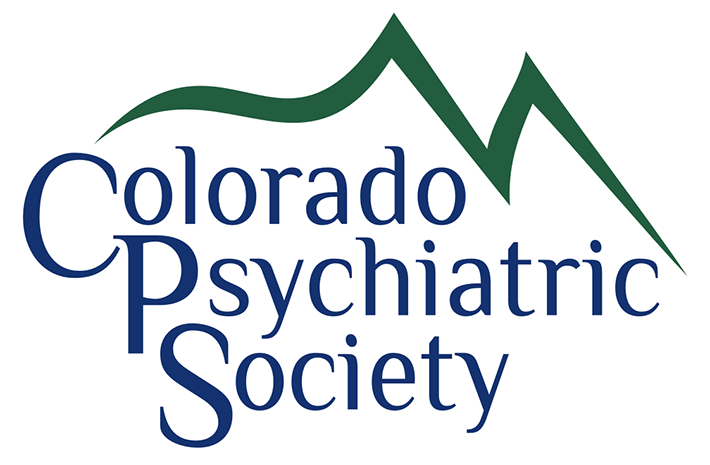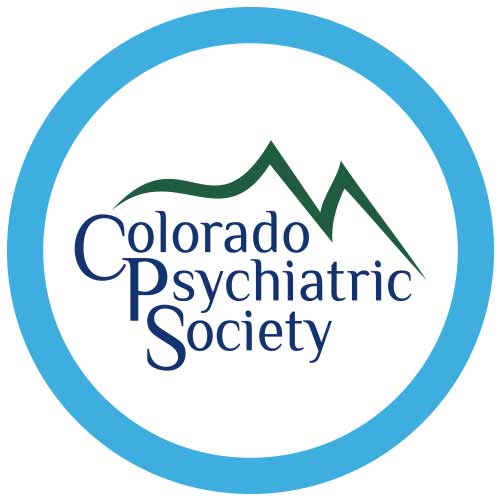What is a psychiatrist?A psychiatrist is a physician who specializes in the diagnosis, treatment and prevention of mental illnesses and emotional problems. Because of their extensive medical training, psychiatrists understand the body's functions and the complex relationship between emotional illness and other medical illness. As physicians, psychiatrists are able to prescribe medication and can also order or perform medical laboratory and psychological tests that provide a comprehensive profile of a patient's physical and mental state. Many years of education and clinical experience enable psychiatrists to evaluate medical and psychological data, make psychiatric and other medical diagnoses and recommend the most appropriate treatments. Like all medical doctors, psychiatrists must complete an undergraduate college education and four years of medical school. After receiving an M.D. or D.O. degree, a physician must complete an additional 4 years of training in general psychiatry, which includes supervision by senior physicians and instruction in many aspects of psychiatric assessment, diagnosis and treatment. Psychiatrists are trained to prescribe medications and provide psychotherapy for all mental illnesses, including addiction disorders. What training do psychiatrists receive?All psychiatrists must receive the same elements of general training, as outlined by the Accreditation Council for Graduate Medical Education (ACGME). Once a physician successfully completes 12 years of medical and psychiatric training, he or she is "Board-eligible," i.e. eligible to take the national certifying examinations administered by the independent American Board of Psychiatry and Neurology. First a Board-eligible psychiatrist must pass a rigorous written examination, then undergo an oral examination graded by senior psychiatrists. After passing the written and oral exams given by the ABPN, a psychiatrist is "Board-certified," an accomplishment that can be confirmed by checking the web site of the American Board of Medical Specialties (ABMS). Many psychiatrists also seek additional training in adult psychiatry, psychoanalysis, child and adolescent psychiatry, addiction psychiatry, geriatric psychiatry, forensic (legal) psychiatry, emergency psychiatry, administrative psychiatry or psychiatric research. |


